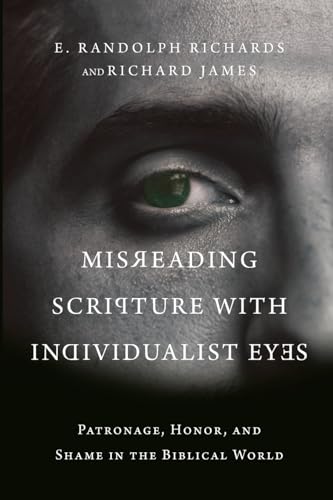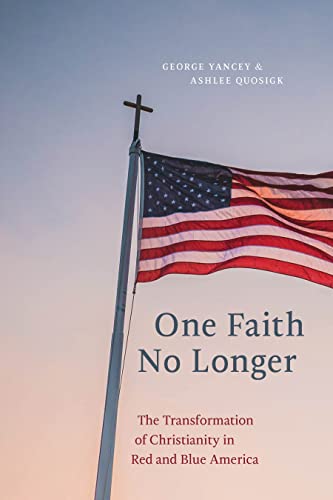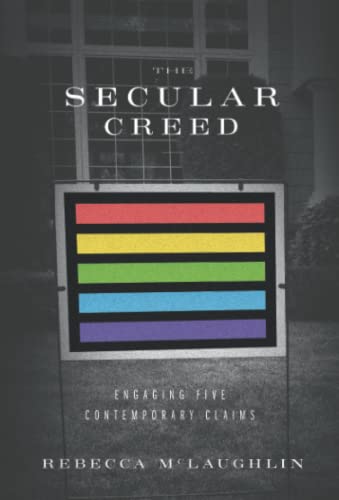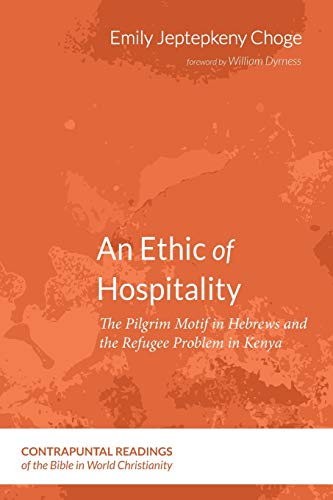Misreading Scripture with Individualist Eyes: Patronage, Honor, and Shame in the Biblical World
Written by E. Randolph Richards and Richard James Reviewed By Jerry HwangMisreading Scripture with Individualist Eyes is a follow-up to Misreading Scripture with Western Eyes: Removing Cultural Blinders to Better Understand the Bible by E. Randolph Richards and Brandon J. O’Brien (Downers Grove, IL: IVP Academic, 2012). The sequel retains Richards and his NT scholarly expertise, while switching co-authors from O’Brien to Richard James, a pseudonymous missionary trainer based in the Middle East. It has the same essential aim as its predecessor: to aid Western Christians in understanding the Bible in its original, non-Western context. But as the title indicates, Richards and James focus on the contrast between individualism and collectivism. In particular, the book unpacks collectivist norms of kinship, patronage, brokerage, honor, shame, and boundaries which are less familiar to Western readers of the Bible. As Westerners themselves who have been missionaries in Indonesia and the Arab world, respectively, Richards and James often illustrate from their own cross-cultural experiences for their target audience of “our individualist societies” (p. 51) and “we Western Christians” (p. 84) who “can learn a lot from the body of Christ in collective cultures. Many Lebanese, Syrian, Chinese, Columbian, and Congolese brothers and sisters have long been explaining the good news in collective cultures” (p. 253).
This posture of cultural humility is laudable as the global church becomes more polychromatic. Nonetheless, the sharp binaries of “us/them” and “West/East” running throughout the book sometimes undermine its contentions that “it is not an either-or but a both/and” (p. x) and “generalizations are always wrong and usually helpful” (pp. 2, 7). The aim of the authors to shed new light on the Bible is certainly achieved in their analysis of the NT world and its acknowledged similarities with modern Mediterranean cultures (à la Kenneth Bailey and others). However, the book also exhibits significant gaps in its understandings of “Western” culture, the OT, and Asian cultures. These were three areas of weakness that caught my eye as a bilingual Chinese American, OT specialist, and missionary in Singapore who teaches students from a dozen Asian countries. The shortcomings are potentially “wrong” enough outside Mediterranean and/or Islamic cultures to distort what is otherwise “helpful” for their intended reader who is unaware that everything supposedly not from Western societies can hardly be called “Eastern.”
Richards and James structure their engaging book into three parts: (1) Social Structures of the Biblical World, (2) Social Tools: Enforcing and Reinforcing our Values, and (3) Why Does Collectivism Really Matter to Me? Each section interacts extensively with social-scientific scholarship about the Greco-Roman world, especially the notion that institutions such as patronage, brokerage, and kinship hinge upon the “limited good” in these societies (whether conceived as material or social capital), which makes all interactions reciprocal in nature. This application of a pan-Mediterranean anthropological model is beneficial in comparing the Greco-Roman world of the NT with modern Mediterranean societies. But it is insufficient to describe both the ancient Near Eastern world of the OT and non-Mediterranean societies.
The problems in applying so-called “Mediterraneanism” to the OT have been demonstrated elsewhere (by Daniel Wu, William Domeris, and Johanna Stiebert, among others). Misreading Scripture with Individualist Eyes exhibits the common tendency of Western missiologists who remain outsiders to romanticize communalist societies. Such a positive view stands in contrast to the perspectives offered by cultural insiders who identify the challenges that communalism’s values bring in areas such as favoritism, corruption, and hierarchical expectations. In Chinese societies, for example, the well-known phenomenon of guanxi (loosely but imperfectly translated “connections” or “relationships”) has spawned a massive literature in Chinese business ethics about the crucial differences between guanxi and corruption. It is telling that Western scholars of China (including missiologists) can be more apt than Chinese business ethicists themselves to defend the leveraging of guanxi through gifts as a cultural necessity distinct from bribes (Ling Li, “Performing Bribery in China: Guanxi-Practice, Corruption with a Human Face,” Journal of Contemporary China 20.68 [2011]: 1–20).
Similarly in the Philippines, the encouragement of Western missiologists to harness the patron-client dynamics of utang na loob (Tagalog for “debt of gratitude”) is often at odds with Filipinos’ own ambivalence about this purported national trait. As “father of Filipino psychology” Virgilio Enriquez observes, Western studies of patronage in the Philippines typically overlook the concept’s colonialist history of inquiry in which (American) patrons/scholars dictated to (Filipino) clients/students about how patron-client dynamics (should) work (“Filipino Psychology in the Third World,” Philippine Journal of Psychology 10 [1977]: 3–18). A common lament of Filipino Christians is that the Philippines is both the only Christian nation in Asia as well as ranked by external watchdogs as one of its most corrupt. Eager Western outsiders do well to heed the nuanced critiques of patronage that Asian theologians such as Hwa Yung, Narry Santos, and Melba Padilla Maggay have offered from within the Majority World.
All of this underscores the necessity of moving beyond a binary contrast between “Western” individualism and “Eastern” collectivism, even for purposes of illustration. As British anthropologist Mary Douglas showed in her pioneering use of Grid-Group Theory, the comparative axis of Group commitment to measure one’s strength of affiliation with others must be crossed with the axis of Grid control to gauge how much behavior is governed by rules external to oneself. The pairing of Group and Grid axes leads to a 2×2 matrix of worldviews: (1) Low Group, Low Grid (Individualism); (2) High Group, Low Grid (Egalitarianism); (3) High Group, High Grid (Hierarchy); and (4) Low Group, High Grid (Fatalism). Each country or culture exhibits variability within itself and over time, but the empirical data collected over several decades by the World Values Survey (www.worldvaluessurvey.org) show that overall tendencies remain. For instance, the United States tends toward Individualism but Scandinavian countries toward Egalitarianism (Sun-Ki Chai, Ming Liu, and Min-Sun Kim, “Cultural Comparisons of Beliefs and Values: Applying the Grid-Group Approach to the World Values Survey,” Beliefs and Values 1 [2009]: 193–208). The fact that the WVS research also locates an “Eastern” country like Japan in the same quadrant as a “Western” country like the United States exposes the fallacy of a simple dichotomy between Western cultures as individualist (i.e., merely Low Group) and non-Western cultures as collectivist (i.e., merely High Group).
In sum, Misreading Scripture with Individualist Eyes is an important book that affords genuine insights, especially for how the NT contextualizes its message using Greco-Roman kinship, patronage, and brokerage. At the same time, its treatment of the OT world and other non-Mediterranean societies risks becoming another specimen of “How the Honor/Shame Issue Got the Wrong End of the Anthropological Stick” (the subtitle of Johannes Merz’s important article, “The Culture Problem,” Missiology 48 [2020]: 127–41).
Jerry Hwang
Jerry Hwang
Singapore Bible College
Republic of Singapore
Other Articles in this Issue
In the book of Kings, Elisha is the Spirit-empowered man of God who walks with God, represents God, and shows the way to covenant faithfulness through word and deed...
Baptists provide an excellent window into the American identity during the antebellum period...
This article explores Colossians, a letter in which Paul says a considerable amount about work...
This article offers a reading of Nicholas Wolterstorff’s objections to the doctrine of divine simplicity, which has seen a kind of rebirth amongst both Catholic and Protestant theologians in recent decades...
The Targums were not translations for the Aramaic-speaking masses who were ignorant of Hebrew...






